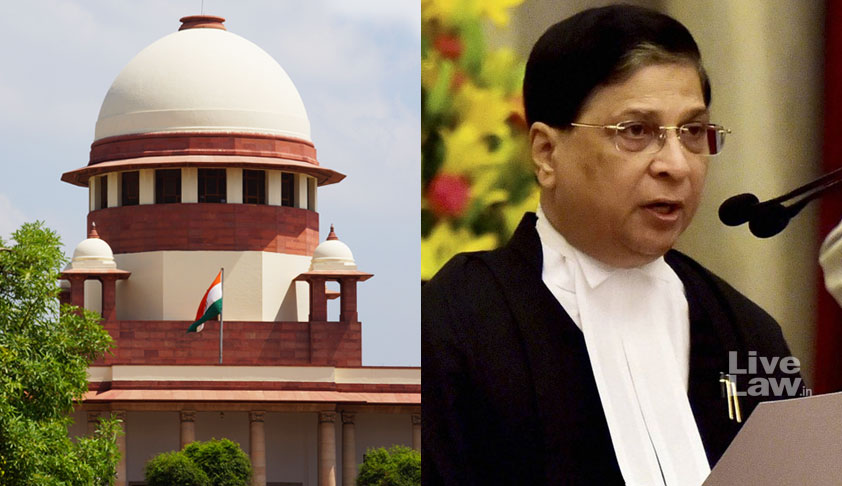Breaking: SC Constitution Benches To Hear Delhi VS Centre, Euthanasia & 3 Other Matters From Oct.10
LIVELAW NEWS NETWORK
4 Oct 2017 2:50 PM IST

Next Story
4 Oct 2017 2:50 PM IST
The Supreme Court will hear five constitution bench matters from October 10. As per a notice issued on Tuesday, the cases include NCT Delhi vs Union of India and Common Causes vs Union of India (euthanasia). Chief Justice Dipak Misra on Tuesday hinted that the Constitution Benches will be constituted soon. 1.NCT Delhi Vs Union Of India After hearing the matter for more than five months, a...
